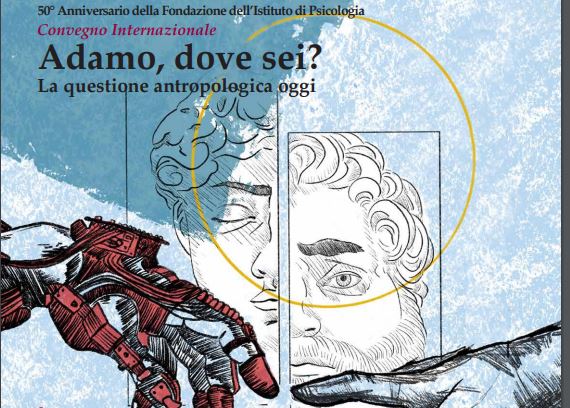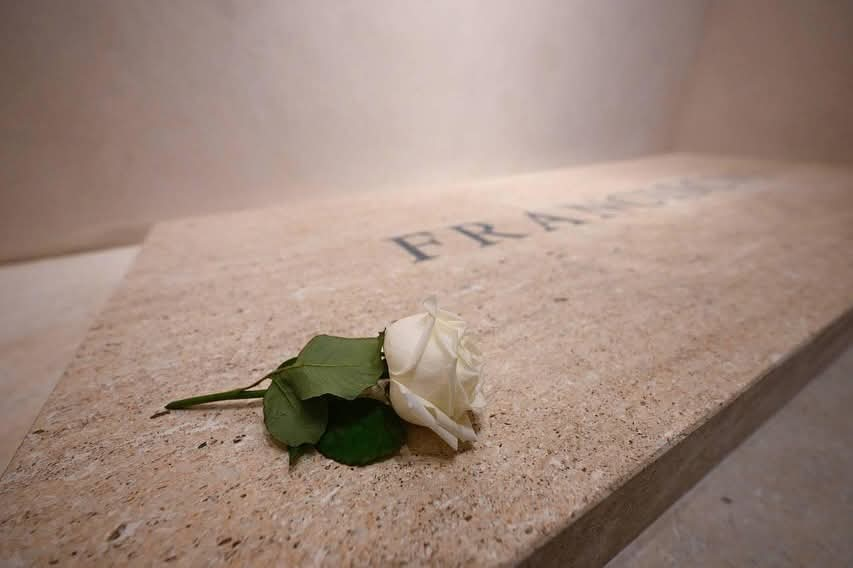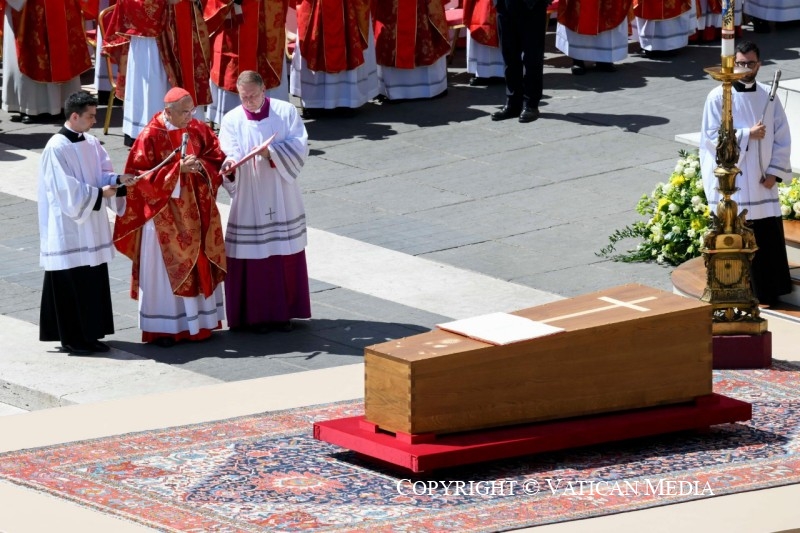“‘Adam, where are you?’ Today’s anthropological question”
Pope Francis on the occasion of the fiftieth anniversary of the founding of the Institute of Psychology of the Pontifical Gregorian University

Dear Brothers and Sisters!
You have gathered today in the Pontifical Gregorian University to celebrate the fiftieth anniversary of the foundation of the Institute of Psychology. To all of you I extend my heartfelt greetings and, wishing you a fruitful meeting, I express my deep gratitude to those who were the initiators and architects of this academic enterprise.
The Institute of Psychology was born on the wave of ecclesial renewal initiated by the Second Vatican Council, which urged: “In pastoral care, sufficient use must be made not only of theological principles, but also of the findings of the secular sciences, especially of psychology and sociology, so that the faithful may be brought to a more adequate and mature life of faith” (Pastoral Constitution Gaudium et Spes, 62). In the past half-century, you have risen to this challenge, courageously pursuing the interdisciplinary approach in the pastoral care of the faithful, both in the field of research and numerous publications, and in pastoral and formative practice. Following the Ignatian principle of cura personalis, you have prepared specialists capable of integrating spirituality and psychology in apostolic and educational activities, in various geographical and cultural contexts of the Church. As an academic unit of the Gregorian University, you have already trained in the science and art of personal care more than half a thousand men and women from multiple cultures on different continents. They, in turn, in collaboration with your Institute, have in recent decades given rise to some fifteen specialised centres for formators in different regions of Africa, Latin America, Asia and Europe.
Today’s conference does not, however, aim to contemplate the past, but, receiving its valuable inheritance, is aimed at facing the challenges of the future. The question posed by the theme: “Adam, where are you?” (cf. Gen 3:9), in the current world situation resonates with great force; it questions us, rouses us and invites us to a serious examination of conscience and conversion. The world today is going through a profound anthropological crisis (cf. Apostolic Exhortation Evangelii gaudium, 55), a crisis of meaning to which the Church has the duty to respond appropriately and effectively. Before our eyes, the terrible tragedy of war is once again unfolding, which is the worst consequence of human destructiveness, both individual and systemic, that is not taken seriously enough and is not duly treated and eliminated at the root. Thus, in the face of the imperative to learn to say no to evil, to lift up those whose dignity is wounded or offended, and the urgent need to train people capable in turn of forging trainers with a solid anthropological background, the Church continues to expect from your Institute a quality service based on the knowledge of psychology with the contributions of theology and philosophy. Your mission is at the service of the promotion of the human person and the ongoing process of evangelization, which is carried out by translating into real human existence the supreme gift of Redemption accomplished by the Lord Jesus Christ.
I therefore hope that the celebrations of the fiftieth anniversary of the Institute of Psychology of the Pontifical Gregorian University will renew in you the commitment to research, teaching and care for people. In this way you are at the service of the Church, outbound towards the existential peripheries of the men and women of today, in the diversity of their cultures but united by the need for support and inspiration to face the hardships and challenges of life. I thank you for this contribution of yours, which corresponds to the mission proper to the Pontifical Gregorian University, at the service of the mission of the Church. May the Lord bless you and may Our Lady protect you.
Rome, Saint John Lateran, 14 May 2022
FRANCIS
Related

Cardinal Parolin at the Novendalia Mass: “Mercy leads us to the heart of faith”
Exaudi Staff
27 April, 2025
8 min

Pope Francis’ Tomb in Santa Maria Maggiore
Exaudi Staff
27 April, 2025
1 min

Mercy and the joy of the Gospel are two key concepts of Pope Francis
Exaudi Staff
26 April, 2025
9 min

Thousands of faithful bid farewell to Pope Francis in St. Peter’s Square
Exaudi Staff
26 April, 2025
2 min
 (EN)
(EN)
 (ES)
(ES)
 (IT)
(IT)

